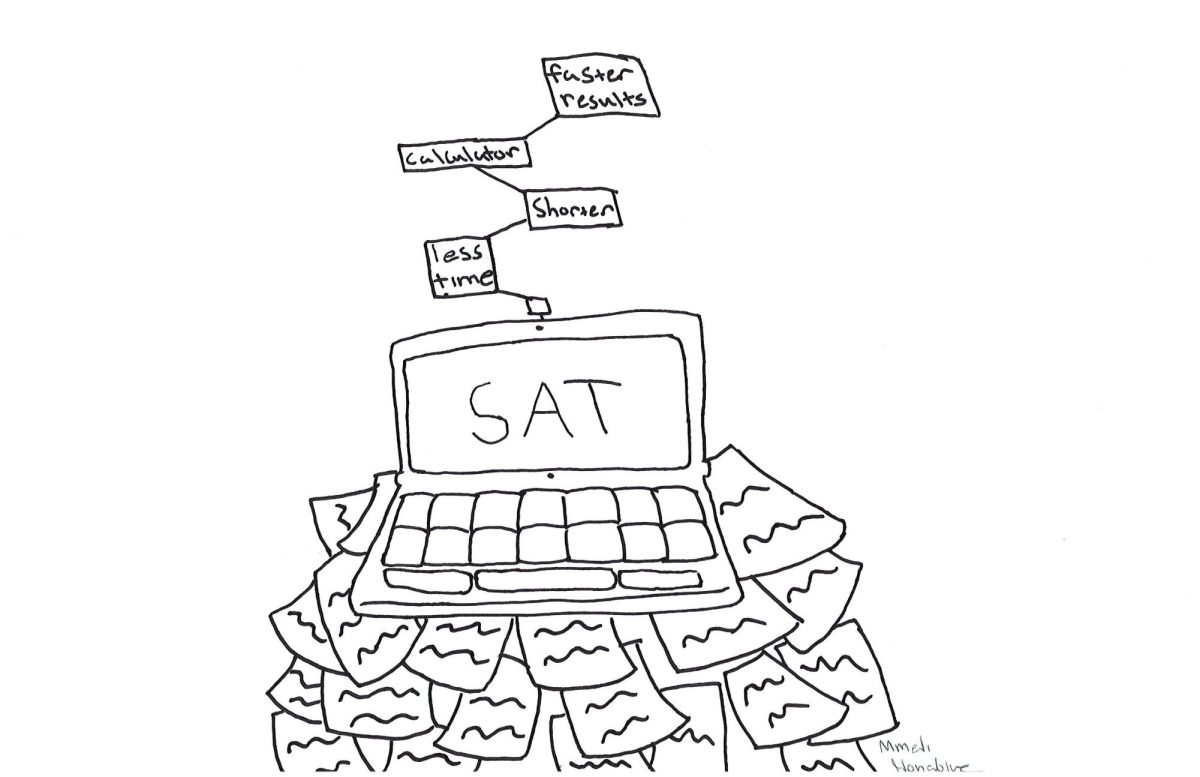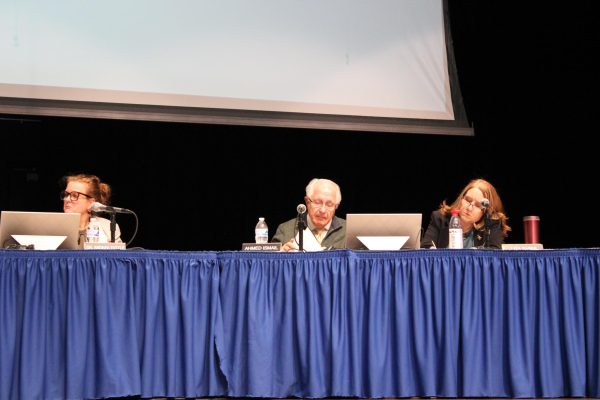How Lent’s Meaning has Changed
March 18, 2019
When spring begins to thaw the icy winter in Grosse Pointe, many students might begin to plan for spring break. Yet, most of the Christian students at South start to think of what they are going to give up for lent.
Lent can be thought of in one of two ways: a time to sacrifice something to praise Jesus Christ for his fasting in the judaean desert or a time to give up food or habits to improve oneself.
While both practices are accepted, giving up something during lent for selfish reasons may defeat the entire reason of giving something up at all.
According to a LifeWay survey, when it comes to Christians who participate in Lent, fasting from a favorite food or beverage (57 percent) and going to church (57 percent) are the most common ways for them to observe the period. 35 percent of Christians participating in lent stay away from a bad habit.
Lent being thought of as a time to shed a few pounds or break a bad habit doesn’t recognize the idea of mimicking the fasting of Jesus Christ.
For myself, being a Catholic, I give up junk food and deserts practically every year. Yet, as I matured from a child to a teenager, I’ve begun to realize that the real purpose of lent is being forgotten and is being replaced with selfish tendencies. For the past few years, I’ve been volunteering and doing additional prayer during lent, and it’s changed my overall understanding of it’s meaning. It’s also given me a feeling of satisfaction that I am truly connecting to god and helping others in addition to fasting.
For religious people who practice lent, it should be recognized that it is not meant to help you lose weight or become a healthier individual. It’s also not an excuse to break bad habits or better your work ethic. It’s a time of praying, fasting, and almsgiving.
We are meant to improve our prayer life, give up anything that distracts us from god, and help others in their time of need. While some may already know about these important features of lent, it’s impossible to ignore that these three things are being overlooked today.
According to Lifeway, Young Americans (18 to 24 years old) who observe Lent are more likely to fast from a favorite food or beverage (86 percent) than older individuals. In addition, only 61 percent of catholics actually participate in Lent, meaning some catholics don’t even practice lent at all.
Our society has become more selfish. When it comes to lent, many Christians don’t even think about helping others. There is not much of an emphasis on volunteering or helping others during lent. Even though giving to others is a key factor to Christianity today, it’s often forgotten in one of the religion’s most important practices.
According to Lifeway, among Americans who observe lent, 39 percent improve prayer life and 38 percent give to others.These are relatively low numbers for practices that should be equally important to fasting during lent.
For Almsgiving in Grosse Pointe, students can help out with homeless week at St. Paul Catholic school, where the church houses and feeds homeless adults and children. Another way of contributing to lent could be volunteering at a nearby soup kitchen, like Gleaners community food bank. In addition, Having a set goal to pray a certain number of times a day can help Christians improve prayer life during lent.
Lent has evolved to the simple idea of giving things up, scaling down to simply being motivation to diet. When I asked friends and family, almost every single person said they were planning on giving up some sort of unhealthy food, without recognizing the thought of giving to others or improving prayer habits. The real purpose of lent has been abandoned, and it needs to be recognized in our society today.

























































































